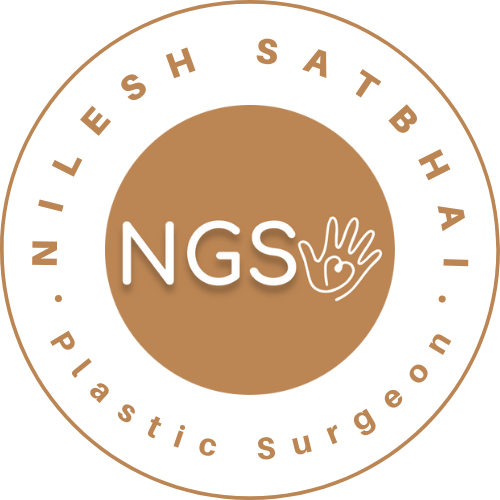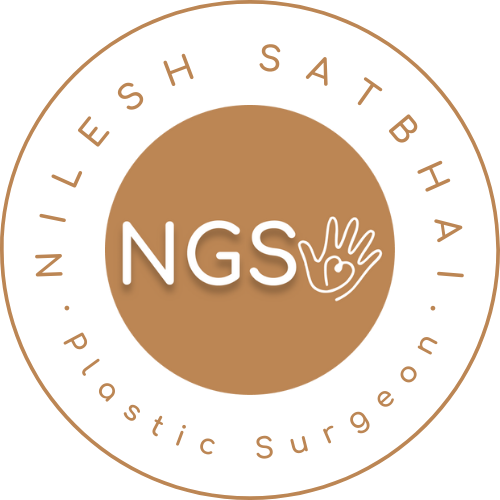Are You Really Taking Care of Your Hands? Health Clues and Workout Mistakes
Think about it for a moment, your hands are the first to shake, lift, grip, type, open doors, and hold the people you love. They work tirelessly every day, whether you’re at the gym, in the office, or juggling tasks at home. Yet, they’re often the most neglected part of the body. While we worry about back pain or knee strain, hand pain usually gets brushed off as “temporary” or “just fatigue.” But here’s the catch: those tiny twinges, cracks, or stiffness may actually be hidden health clues in your hands.
So, are you really giving your hands the care they deserve? From minor discomfort to wrist stiffness after a workout, the signs are easy to miss. Let’s dive deeper into how to spot these signals, avoid workout mistakes, and understand what your hands are really trying to tell you about your overall health.
Why Hand Health Deserves More Attention
Hands aren’t just tools for daily tasks; they’re a mirror of your overall health. Here’s why they matter so much:
-
Subtle changes in your hands can be early warnings of bigger problems like nerve damage, circulation issues, or musculoskeletal conditions.
-
Ignoring stiffness, tingling, or pain may lead to long-term complications that need surgery later.
-
Strong, flexible hands improve not just workouts but also the quality of everyday life.
-
Prevention is easier than recovery; healthy habits now can save you from years of hand therapy and rehabilitation later.
Taking care of your hands isn’t vanity. It’s an investment in strength, function, and independence.
Workout Mistakes That Silently Damage Your Hands
Most people enter the gym thinking about their abs, shoulders, or legs, but your hands are the foundation of almost every exercise. When they’re strained, your entire workout suffers. Some of the most common mistakes include:
-
Over-gripping weights, which strains the small joints in your fingers and wrists.
-
Skipping warm-ups, making tendons stiff and more vulnerable to injury.
-
Poor posture in push-ups, planks, or pull-ups which transfers excessive pressure to the hands.
-
Ignoring tingling or numbness is often the early sign of carpal tunnel syndrome.
-
Repeating the same movements daily without breaks causes overuse injuries that take weeks of tendon recovery.
Did you know? A significant portion of gym-related injuries involves the hands and wrists. Most of them could be prevented with simple awareness.
Health Clues Hidden in Your Hands
Your body often whispers before it starts shouting. The hands are excellent at dropping hints when something is wrong. Some red flags include:
-
Constant hand pain during exercise or even light daily activity.
-
Limited mobility, difficulty making a full fist, or stiffness that doesn’t go away.
-
Swelling or changes in shape that could indicate trauma or inflammation.
-
Weak grip strength despite consistent training.
-
Cuts, blisters, or skin irritations that heal unusually slowly.
These are not just small inconveniences; they’re signals that your body needs attention. Recognizing them early can make treatment simpler and recovery faster.
Simple Hand Care Tips for Active People
You don’t need to be an athlete to treat your hands like they matter. With a few conscious steps, you can protect them from unnecessary strain:
-
Always stretch your fingers and wrists before lifting weights.
-
Use padded grips or gloves to reduce friction and prevent blisters.
-
Vary your exercises so the same set of muscles and joints don’t get overworked.
-
Keep your hands moisturized and hydrated to support skin and tendon health.
-
Take breaks if you feel strain; rest is as important as training.
By following a simple hand care routine, you improve flexibility, reduce pain, and extend the longevity of your joints.
Understanding When to Seek Expert Help
Not every ache needs medical intervention, but some signs should never be ignored. You should consider seeing a hand specialist if:
-
Pain lingers for weeks despite rest and basic care.
-
There are recurring episodes of swelling or numbness.
-
You’ve experienced a sports injury that isn’t healing.
-
Your hand function is affecting daily activities or workout performance.
-
You notice deformities, either congenital or after an accident.
In such cases, experts trained in advanced reconstructive surgery techniques and microsurgical hand reconstruction can help restore both function and appearance.
What Makes Modern Hand Surgery So Advanced
Today’s hand surgery is not just about fixing broken bones or stitching tendons. With the progress in reconstructive and microsurgical techniques, surgeons can:
-
Repair complex trauma injuries with precision.
-
Restore function after nerve damage or tendon injuries.
-
Correct congenital deformities so children can grow with normal hand use.
-
Offer minimally invasive or non-surgical treatments when possible.
-
Provide rehabilitation guidance that ensures faster and more complete recovery.
This is where experienced specialists like Dr. Nilesh Satbhai come in. With years of expertise in plastic and reconstructive surgery, he has worked extensively on trauma cases, congenital hand deformities, and advanced microsurgery. His approach combines medical precision with compassionate care, focusing not just on the physical recovery but also on the confidence and independence of his patients.
When Your Hands Speak, Listen Closely
Your hands work harder than you realize, and small signs shouldn't be ignored. If discomfort, pain, or stiffness is getting in the way of daily life, expert guidance can make all the difference. Dr. Nilesh Satbhai brings years of experience in hand surgery and reconstructive care, helping patients regain strength, comfort, and confidence in their hands.
Final Takeaway: Stronger Hands, Stronger You
Your hands are a lot more than just tools; they’re your connection to the world. Ignoring their signals can turn small problems into lifelong challenges. By avoiding workout mistakes, paying attention to the health clues in your hands, and seeking timely expert care, you give yourself the best chance at maintaining strength and freedom.
If you’re wondering whether to consult a hand specialist, remember this: your hands work hard for you every single day. It’s worth giving them the care they deserve.






